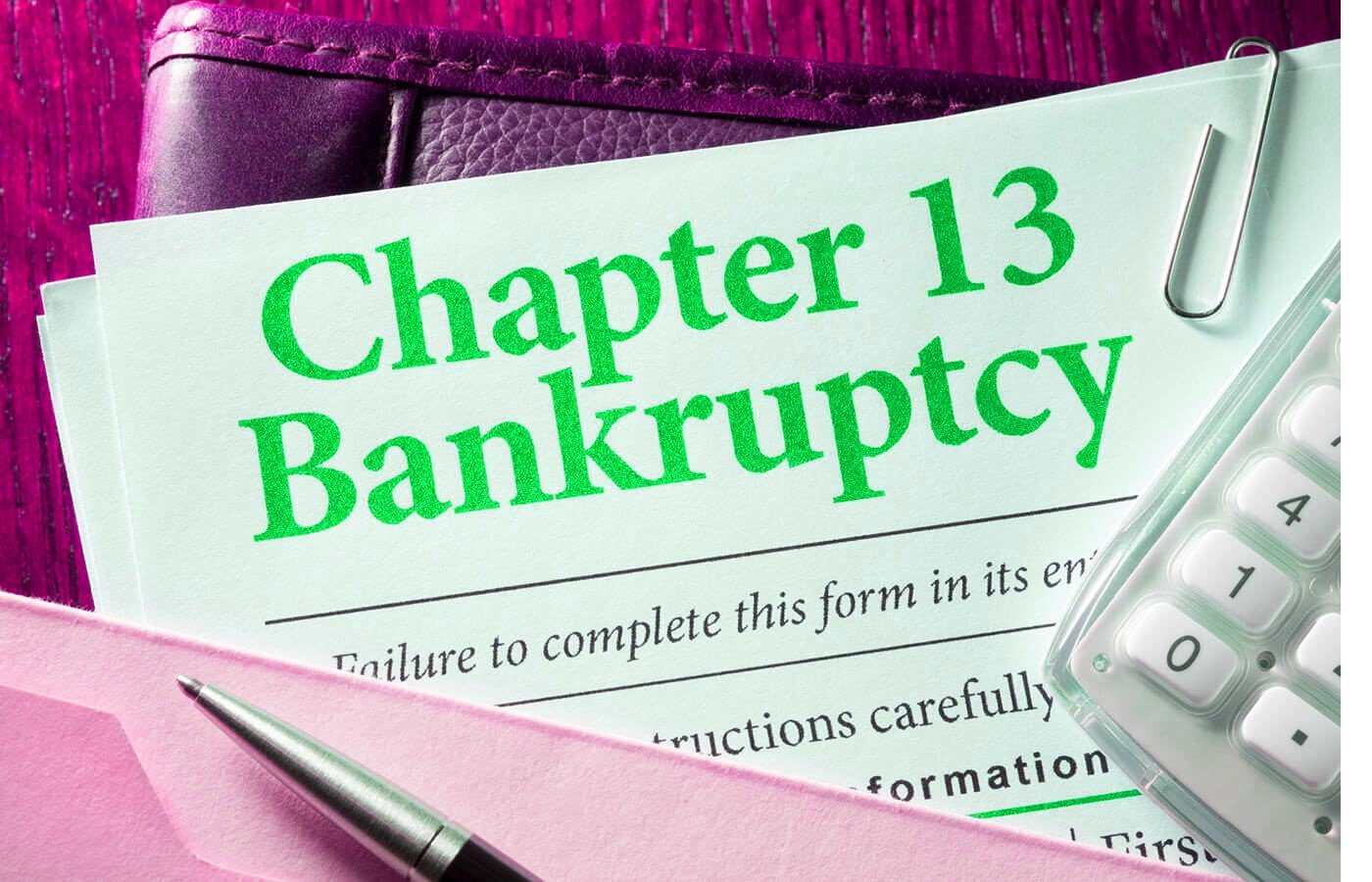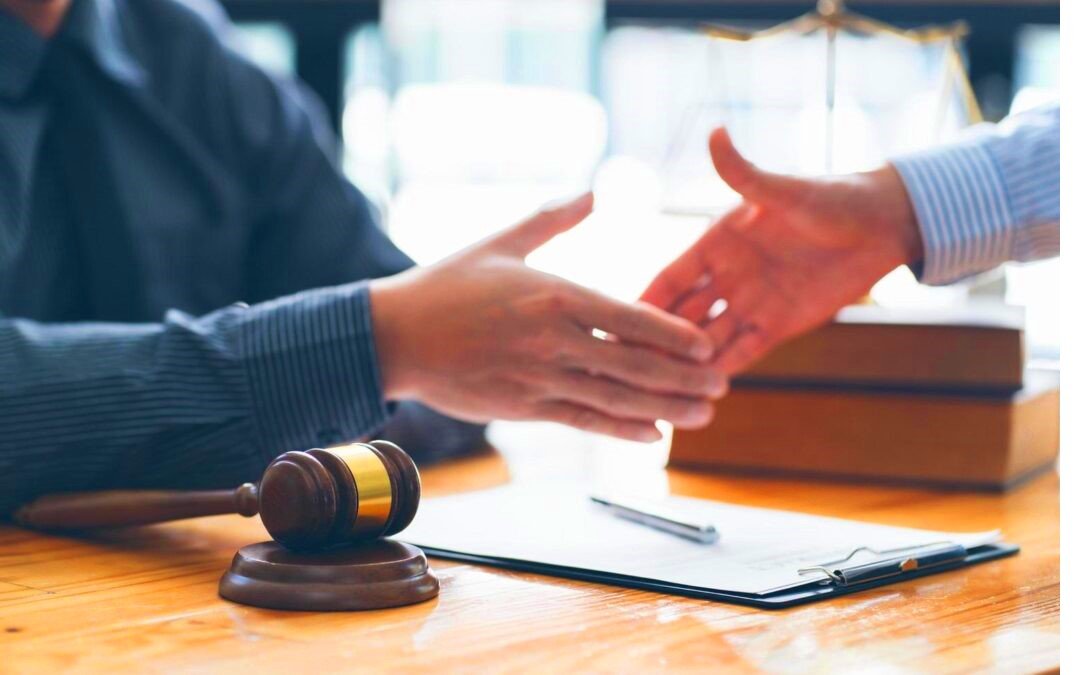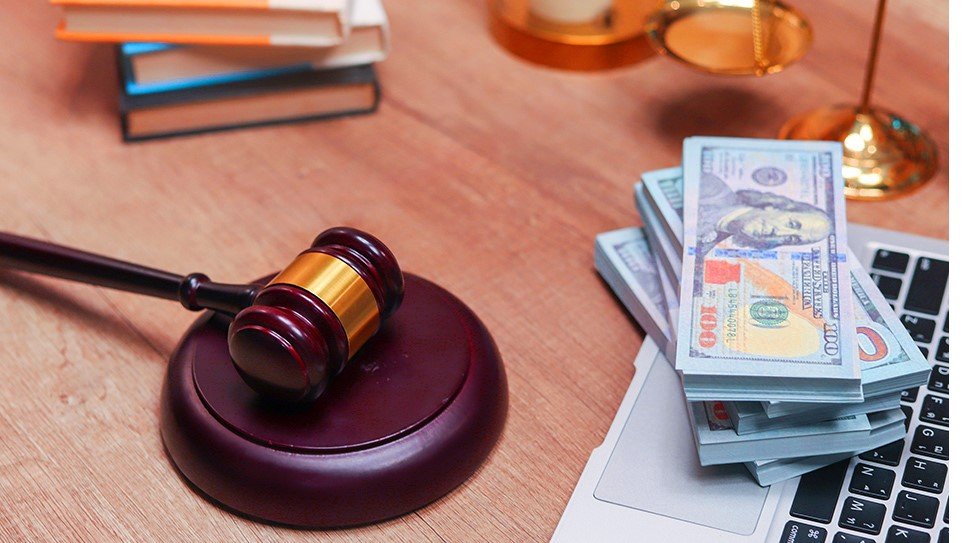Chapter 7 Bankruptcy and Debt Relief: What You Can Expect

In the realm of financial distress, Chapter 7 bankruptcy stands as a beacon of hope for those drowning in debt. This legal process, often seen as a last resort, offers individuals a chance to wipe their financial slate clean and start anew. Let’s delve into the intricacies of Chapter 7 bankruptcy and explore what debtors can expect from this transformative journey.
Eligibility Criteria
Means Test
Before embarking on the Chapter 7 journey, individuals must undergo a means test to determine their eligibility. This test analyzes income, expenses, and family size to establish whether filing for Chapter 7 is appropriate.
Types of Debts Covered
Chapter 7 primarily addresses unsecured debts like credit card balances, medical bills, and personal loans. However, certain debts, such as student loans and recent tax obligations, may not be dischargeable.
Filing Process
Hiring an Attorney
Navigating the complex legal landscape of bankruptcy requires professional guidance. Hiring a qualified bankruptcy attorney ensures a smoother filing process and increases the chances of a successful outcome.
Required Documentation
Gathering and organizing financial documentation is a crucial step in the filing process. From income statements to a list of assets, thorough documentation is essential for a comprehensive bankruptcy petition.
Automatic Stay
Halting Creditor Actions
One of the immediate benefits of filing for Chapter 7 is the imposition of an automatic stay. This legal injunction puts a halt to all creditor actions, providing debtors with much-needed breathing room.
Protection for Debtors
The automatic stay not only stops collection efforts but also safeguards debtors from utility disconnections, foreclosure, and other adverse consequences of debt.
Liquidation Process
Sale of Non-Exempt Assets
In Chapter 7, a trustee is appointed to oversee the liquidation of non-exempt assets. While this may sound alarming, many debtors find that most of their assets are exempt under state or federal laws.
Distribution of Proceeds
The proceeds from the liquidation are used to repay creditors. However, secured debts take precedence, ensuring that essential assets like homes and vehicles are addressed first.
Discharge of Debts
Types of Debts Discharged
Upon successful completion of the bankruptcy process, debtors receive a discharge, releasing them from personal liability for certain debts.
Exceptions to Discharge
Not all debts are dischargeable. Understanding exceptions, such as recent taxes, child support, and certain legal judgments, is crucial for realistic expectations.
Rebuilding Credit
Importance of Rebuilding
Rebuilding credit post-bankruptcy is a vital step toward financial recovery. It’s a chance for individuals to showcase responsible financial behavior.
Strategies for Rebuilding
Secured credit cards, timely bill payments, and responsible budgeting are key strategies for rebuilding credit after Chapter 7.
Common Misconceptions
Losing All Assets
Contrary to popular belief, Chapter 7 does not entail losing all assets. Exemptions protect essential items, allowing debtors to maintain a reasonable standard of living.
Impact on Credit Score
While Chapter 7 does impact credit scores, the ability to rebuild credit over time demonstrates a positive financial trajectory to future lenders.
Read More: The Ins and Outs of Bankruptcy Law (2023)
Alternatives to Chapter 7 Bankruptcy
Chapter 13 Bankruptcy

For those ineligible for Chapter 7, Chapter 13 offers an alternative that involves a structured repayment plan.
Debt Consolidation
Debt consolidation is an option for individuals with manageable debt, allowing them to streamline payments and potentially reduce interest rates.
Seeking Professional Advice
Importance of Consultation
Before committing to bankruptcy, seeking professional advice is crucial. Understanding the implications and exploring alternatives ensures an informed decision.
Choosing the Right Path
Bankruptcy is not a one-size-fits-all solution. Choosing the right path, whether Chapter 7, Chapter 13, or an alternative, depends on individual circumstances.
Real Stories of Success
Personal Testimonials
Real-life success stories inspire and demonstrate that financial recovery after bankruptcy is not only possible but achievable.
Learning from Others’ Experiences
Understanding the challenges and triumphs of others navigating Chapter 7 can offer valuable insights and emotional support.
Legal Aspects and Updates
Changes in Bankruptcy Laws
Bankruptcy laws evolve, and staying informed about recent changes is crucial for those considering or undergoing the process.
Recent Developments
Exploring recent developments in bankruptcy law ensures individuals are aware of any amendments that might affect their case.
Financial Education and Planning
Importance of Financial Literacy
Bankruptcy underscores the importance of financial literacy. Educating oneself about budgeting, savings, and responsible financial management is a key takeaway.
Budgeting Tips
Practical budgeting tips can help individuals avoid the pitfalls that led to bankruptcy in the first place.
The Emotional Toll
Dealing with Stress
The emotional toll of financial distress can be overwhelming. Strategies for coping with stress, anxiety, and uncertainty are vital during and after bankruptcy.
Support Systems
Building a strong support system, including friends, family, and possibly a financial counselor, can be instrumental in navigating emotional challenges.
Read More: Top Lawyers in Guam: Legal Excellence You Can Count On
Conclusion
FAQs
Is Chapter 7 bankruptcy the right choice for everyone?
No, Chapter 7 is suitable for those who meet specific eligibility criteria. Consulting with a bankruptcy attorney is crucial to determine the best course of action.
How long does a Chapter 7 bankruptcy stay on my credit report?
Chapter 7 bankruptcy typically stays on a credit report for ten years, but its impact diminishes over time, especially with responsible financial behavior.
Can I keep my house and car if I file for Chapter 7 bankruptcy?
In many cases, yes. Certain exemptions protect essential assets like homes and vehicles, allowing debtors to maintain a reasonable standard of living.
What debts are not dischargeable in Chapter 7?
Certain debts, such as recent taxes, child support, and certain legal judgments, are generally not dischargeable in Chapter 7.
How can I rebuild my credit after Chapter 7?
Rebuilding credit involves responsible financial practices, including timely bill payments, responsible use of credit, and budgeting effectively.












One Comment